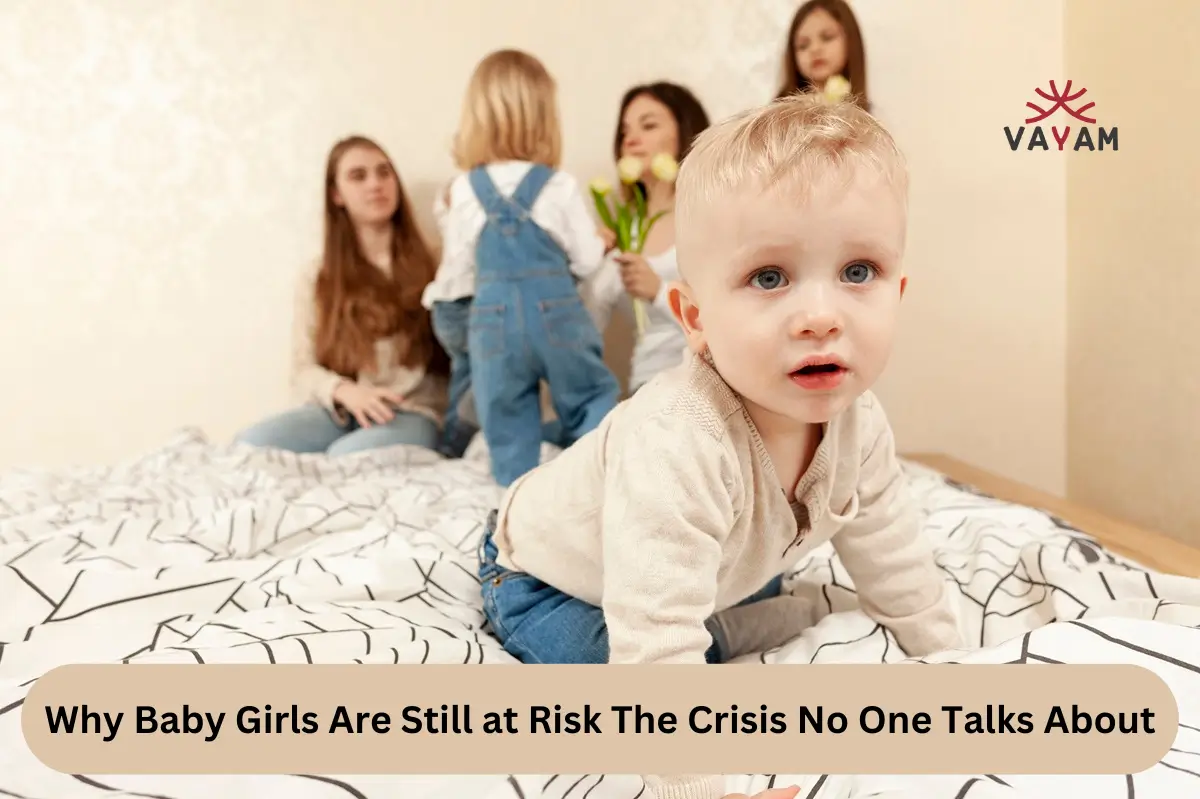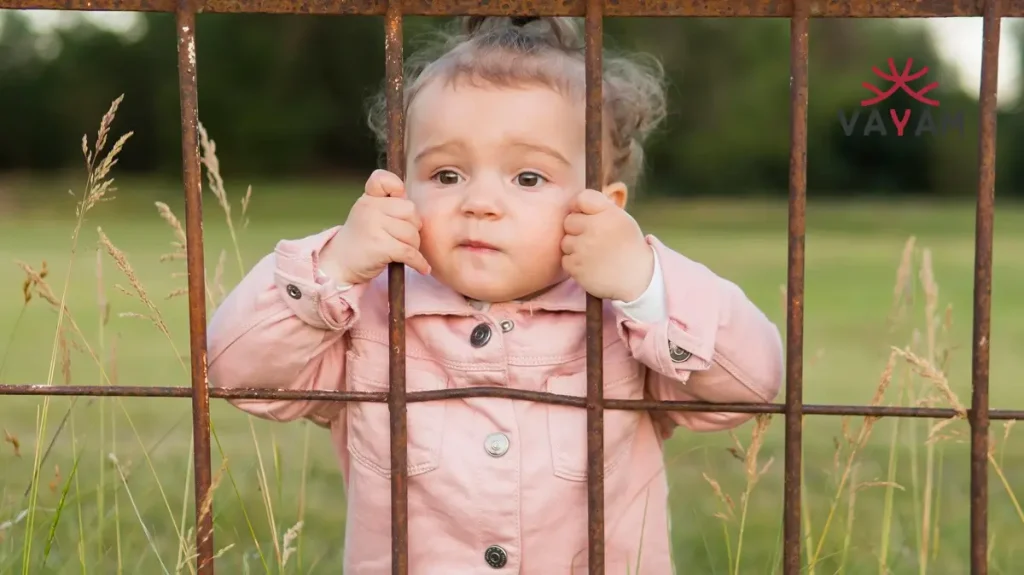
In a world where we celebrate advancements in gender equality, it’s disheartening to acknowledge that baby girls are still at risk.
This often-overlooked crisis affects millions of families and communities globally. By understanding the challenges faced by baby girls and addressing the root causes, we can work towards a safer and more equitable future for all children.
The Silent Struggle: Gender-Based Discrimination
From birth, baby girls encounter gender-based discrimination that can impact their entire lives. This discrimination often begins in the household, where boys may be given preference in terms of resources, education, and healthcare. This systemic issue can lead to severe consequences for girls, including malnutrition, lack of education, and limited opportunities.
Access to Healthcare
One of the most pressing issues baby girls face is unequal access to healthcare. In many regions, cultural biases lead families to prioritize the health of male children over females. This disparity can result in higher infant mortality rates for girls and long-term health complications.
Raising awareness about the importance of equal healthcare access for all children is crucial. Governments and NGOs can work together to implement programs that educate families and communities about the value of investing in the health of baby girls.
Education: A Key to Empowerment
Education is a powerful tool for breaking the cycle of poverty and discrimination. However, baby girls are often deprived of educational opportunities due to cultural norms and financial constraints. In some regions, families may prioritize sending boys to school while girls stay home to help with household chores.
Lack of Educational Opportunities
The lack of access to quality education for girls has far-reaching consequences. Without education, girls are more likely to marry at a young age, have limited job prospects, and face higher rates of domestic violence.
Advocating for policies that promote equal access to education for all children is essential. Community-based initiatives, scholarships, and awareness campaigns can help ensure that girls receive the education they deserve.
The Impact of Poverty
Poverty exacerbates the challenges faced by baby girls. In impoverished communities, the limited resources available are often allocated to boys, leaving girls vulnerable to neglect and exploitation. This situation is further compounded by the fact that girls are more likely to be married off at a young age to alleviate financial burdens on their families.
Child Marriage
Child marriage is a significant issue that puts baby girls at risk. Marrying at a young age can lead to severe health complications, lack of education, and limited opportunities for personal growth and development.
Addressing child marriage requires a multifaceted approach. Legislative measures to enforce minimum age requirements for marriage, along with community-based programs that educate families about the negative impacts of child marriage, can help protect baby girls from this practice.
Cultural Norms and Gender Roles
Deep-rooted cultural norms and traditional gender roles often dictate the treatment of baby girls. In many societies, girls are viewed as less valuable than boys, leading to practices such as female infanticide and sex-selective abortions. These harmful practices contribute to skewed sex ratios and perpetuate gender inequality.

Read More
How ₹500 Can Change a Girl’s Life Forever Donate Today
Why Gender Equality Starts with Education Support the Cause Now
Female Infanticide and Sex-Selective Abortions
The preference for male children has led to alarming rates of female infanticide and sex-selective abortions. This not only robs baby girls of their right to life but also creates societal imbalances that affect entire communities.
Challenging cultural norms requires a concerted effort from all levels of society. Education and awareness campaigns can help shift perceptions about the value of girls. Additionally, enforcing laws that prohibit sex-selective abortions and providing support for families with girls can help combat these practices.
The Role of International Organizations
International organizations play a vital role in advocating for the rights of baby girls. By collaborating with local governments and communities, these organizations can implement programs that address the unique challenges faced by girls and work towards achieving gender equality.
Limited Support and Advocacy
Despite the efforts of international organizations, there is still a lack of adequate support and advocacy for baby girls. Many programs are underfunded, and awareness about the issue remains low.
Increasing funding for programs that support baby girls and raising awareness about their plight is crucial. International organizations, governments, and NGOs must work together to create a coordinated and effective response to this crisis.
Conclusion
The risks faced by baby girls are a crisis that demands our attention. By addressing gender-based discrimination, improving access to healthcare and education, tackling poverty, challenging cultural norms, and supporting international advocacy efforts, we can create a world where all children, regardless of gender, have the opportunity to thrive. It’s time to speak up about the challenges faced by baby girls and work collectively to ensure their safety and well-being.
